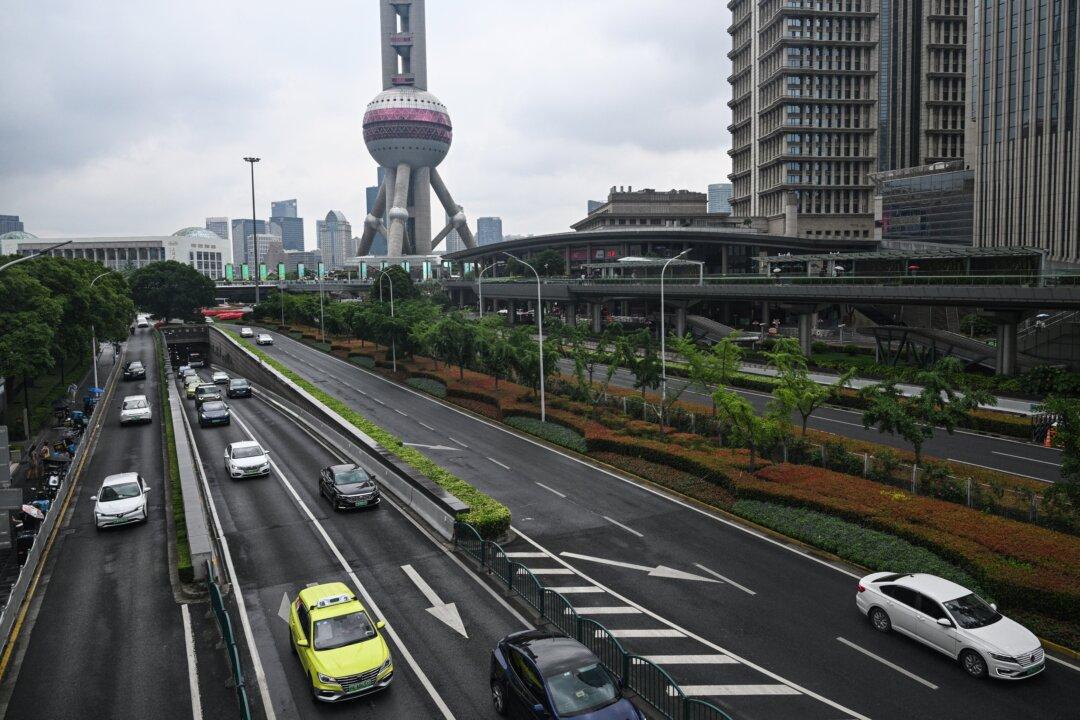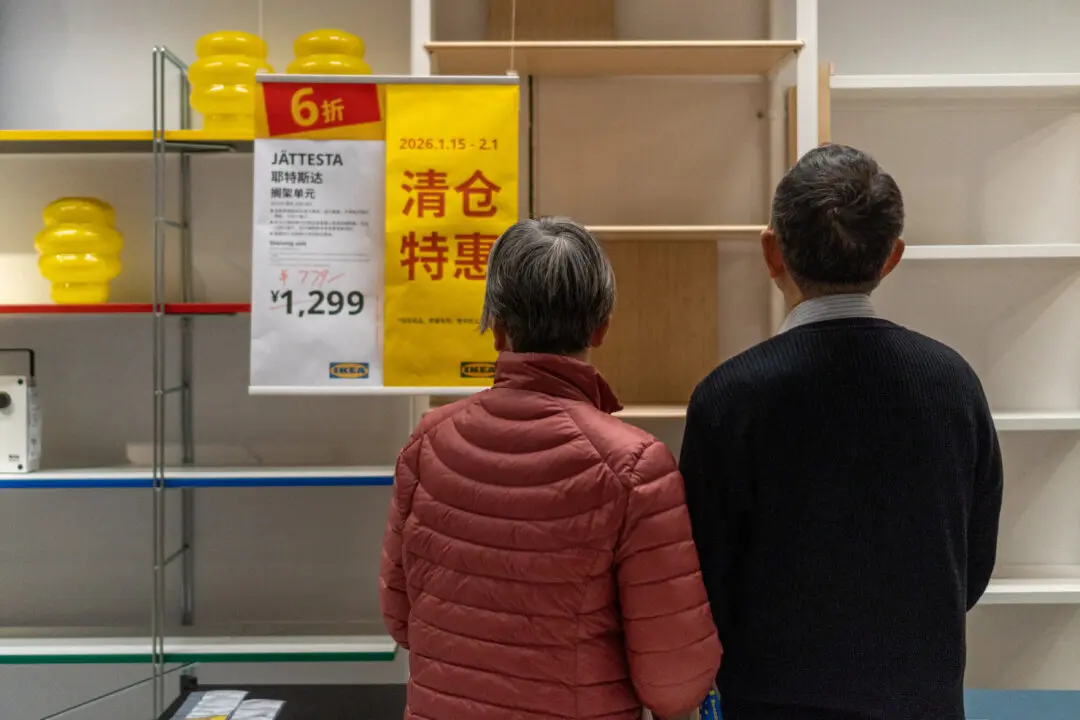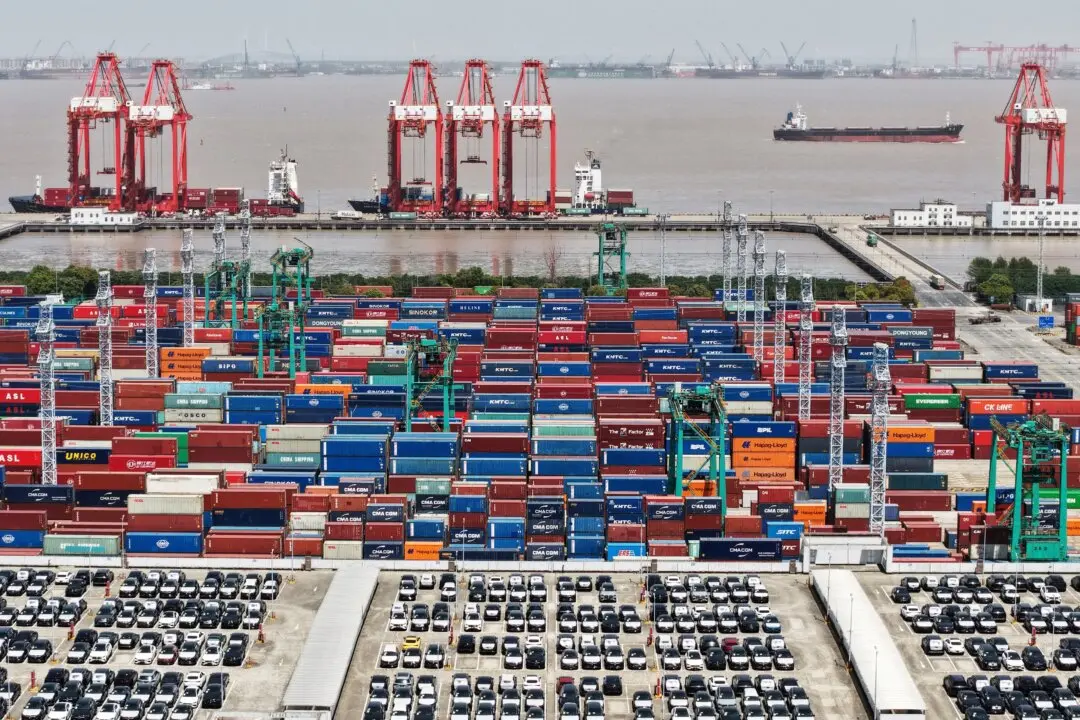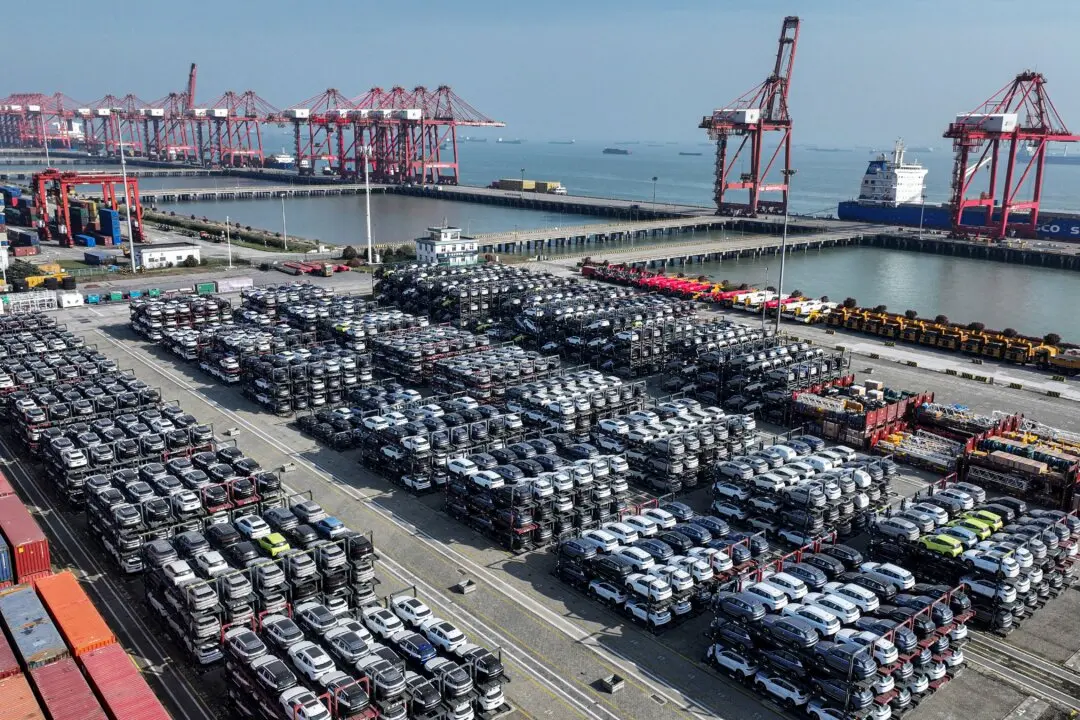Commentary
Beijing made a dramatic gesture in September, implicitly admitting that the May stimulus package failed to help China’s beleaguered economy. It has advanced both monetary and fiscal stimulus measures far beyond anything to date. These steps may help Beijing meet its 5 percent real growth target for 2024, but they are not likely to restore China’s economic momentum.





